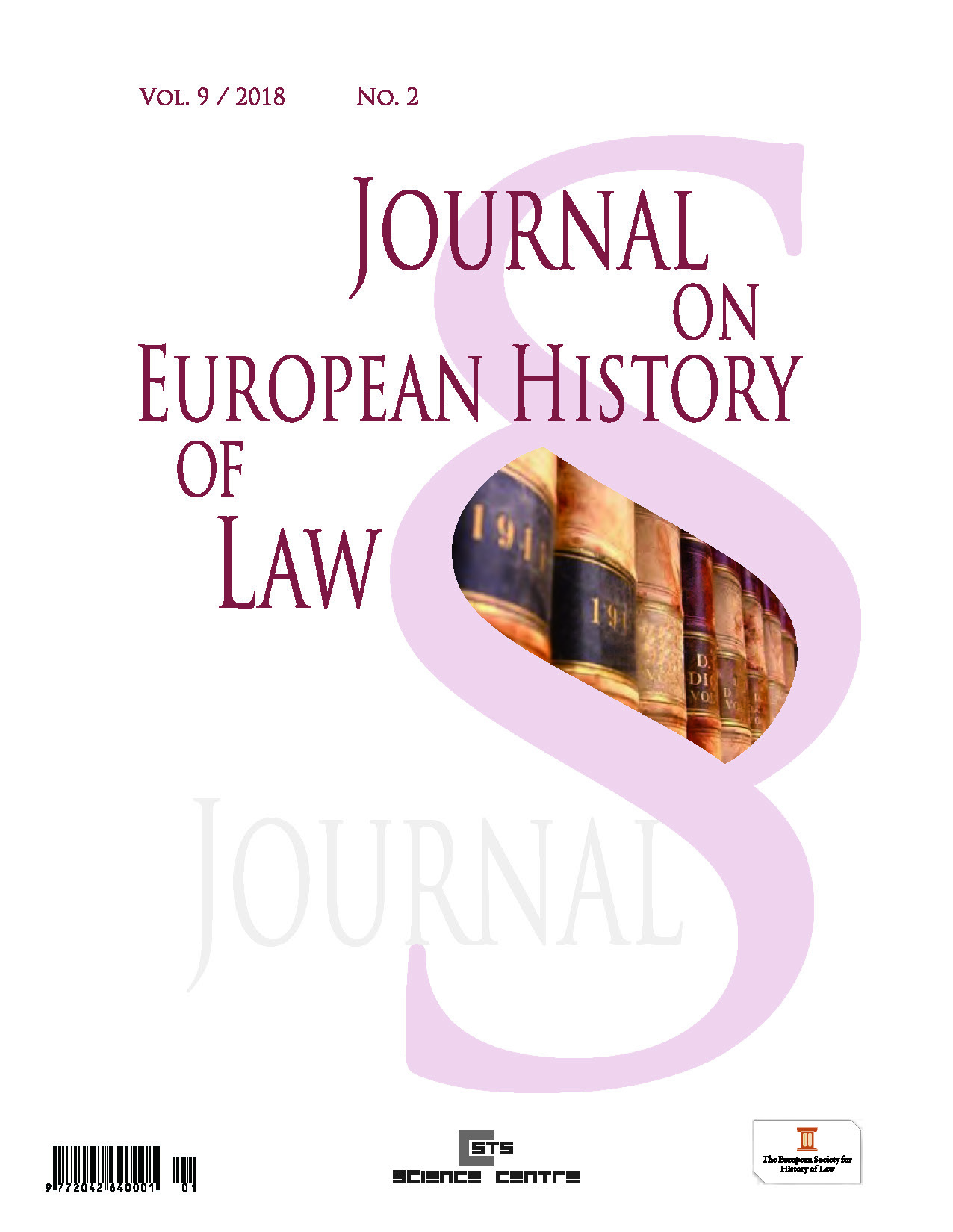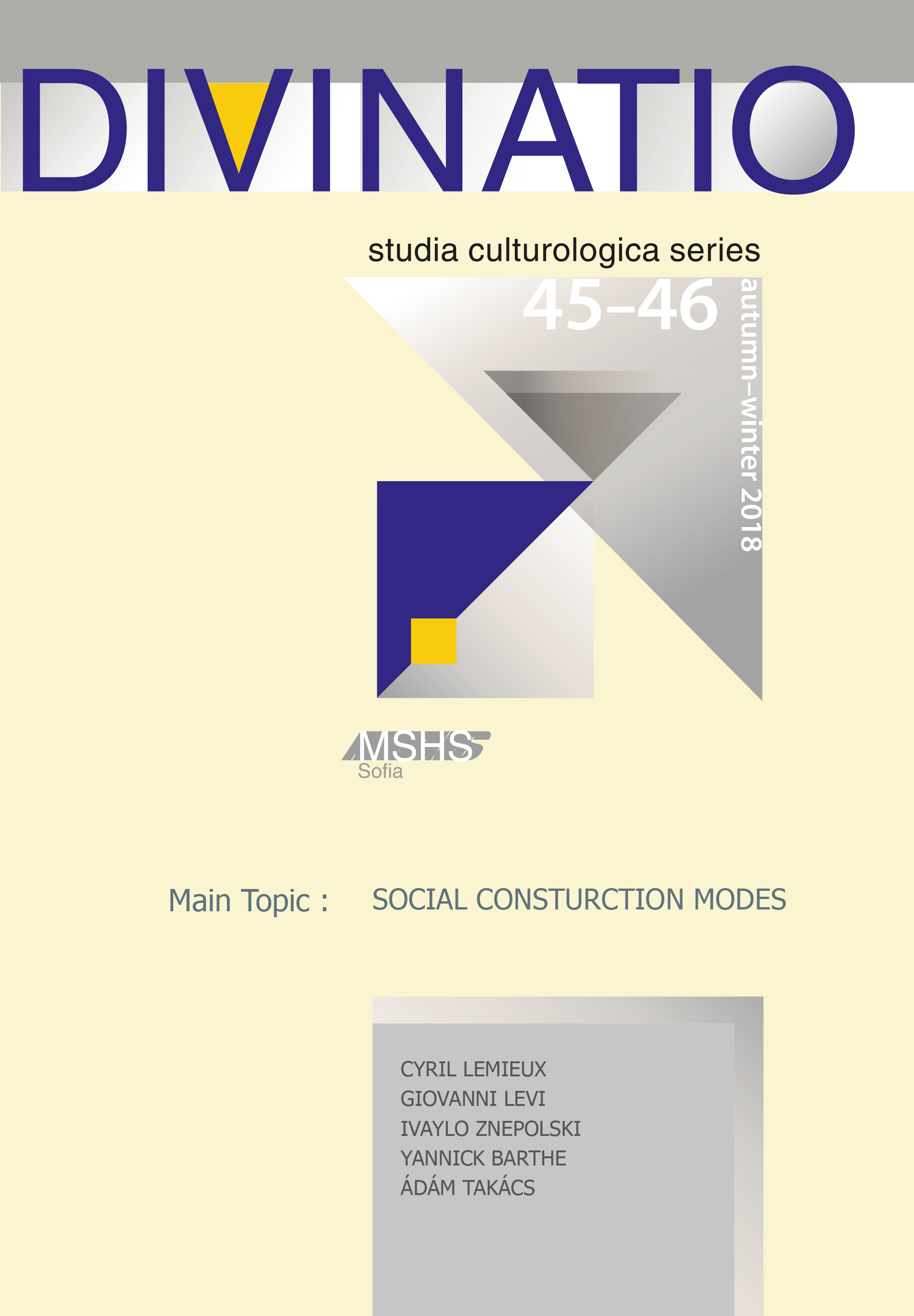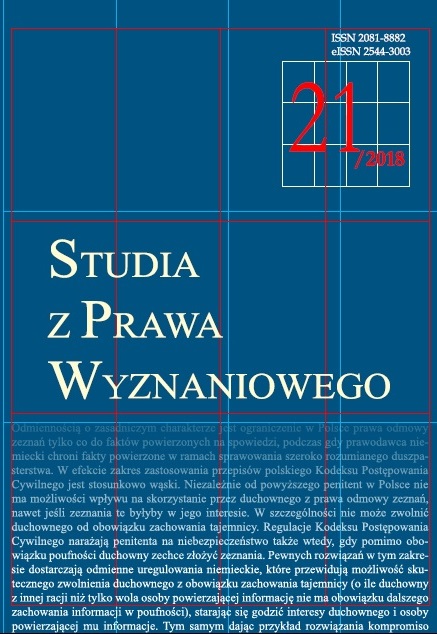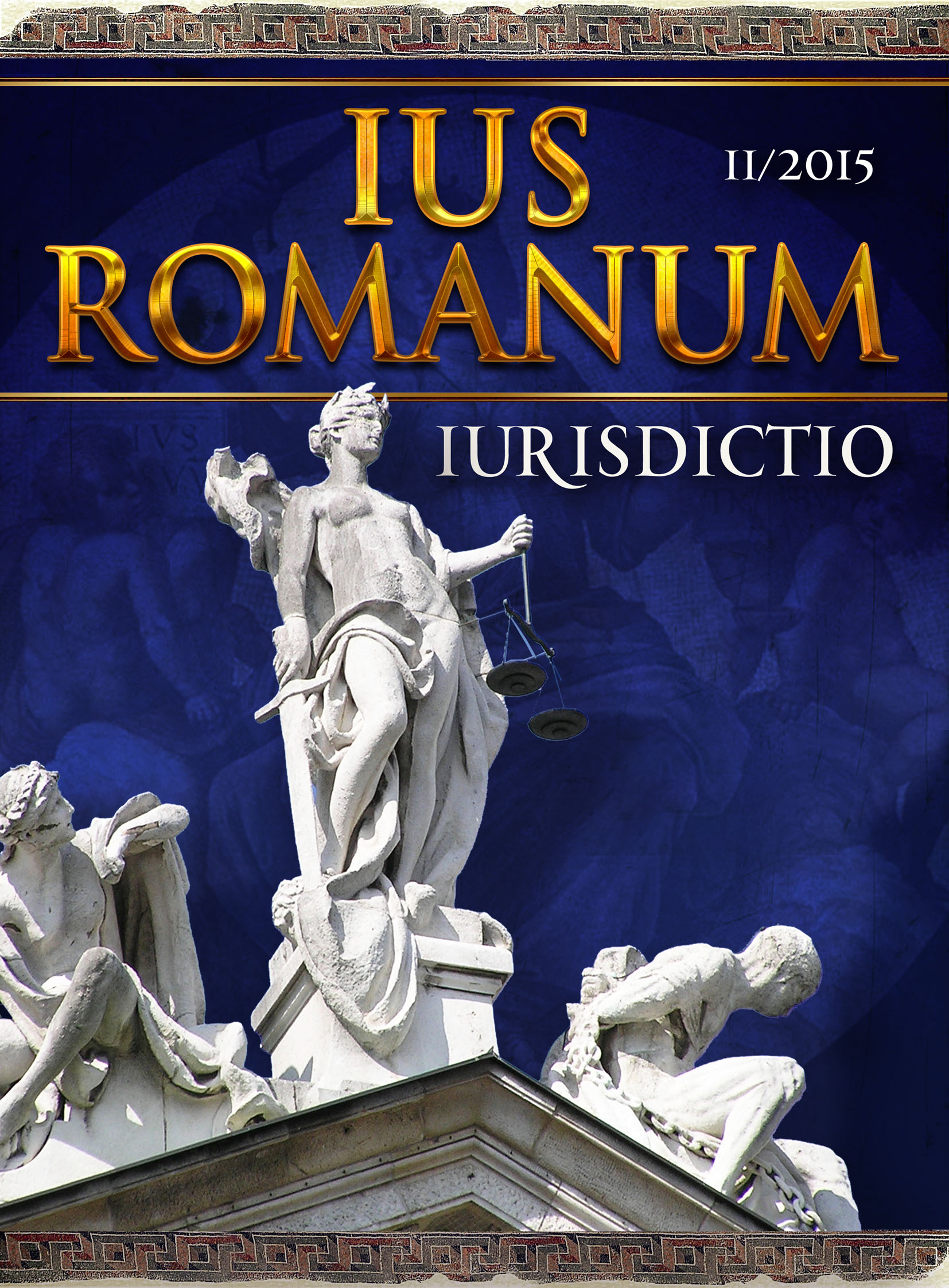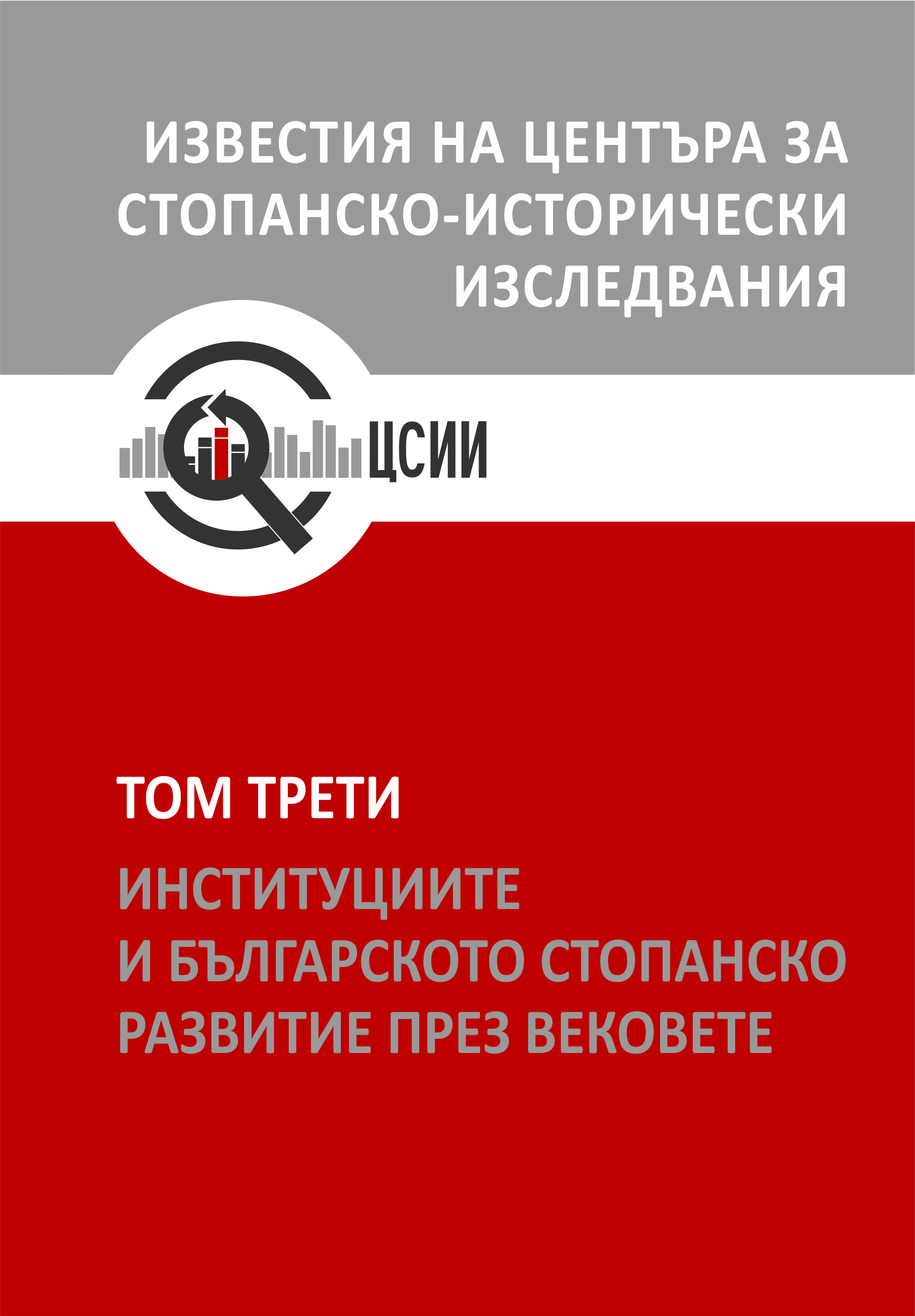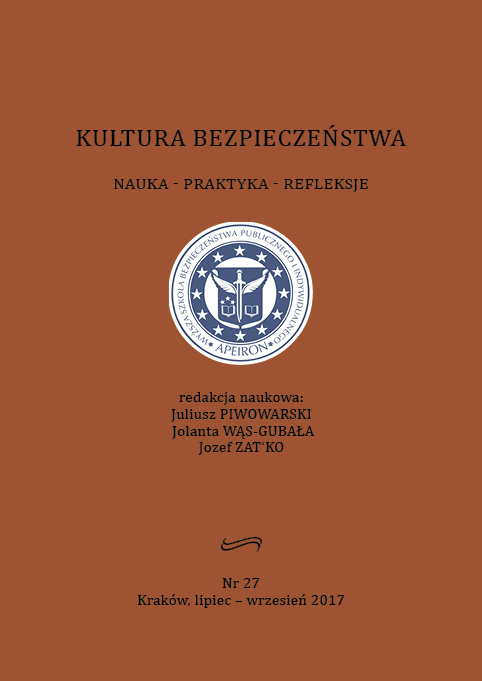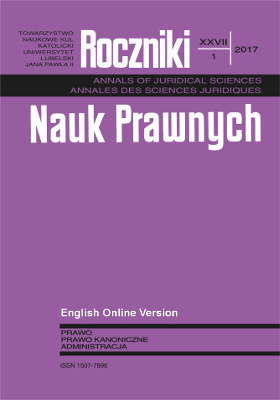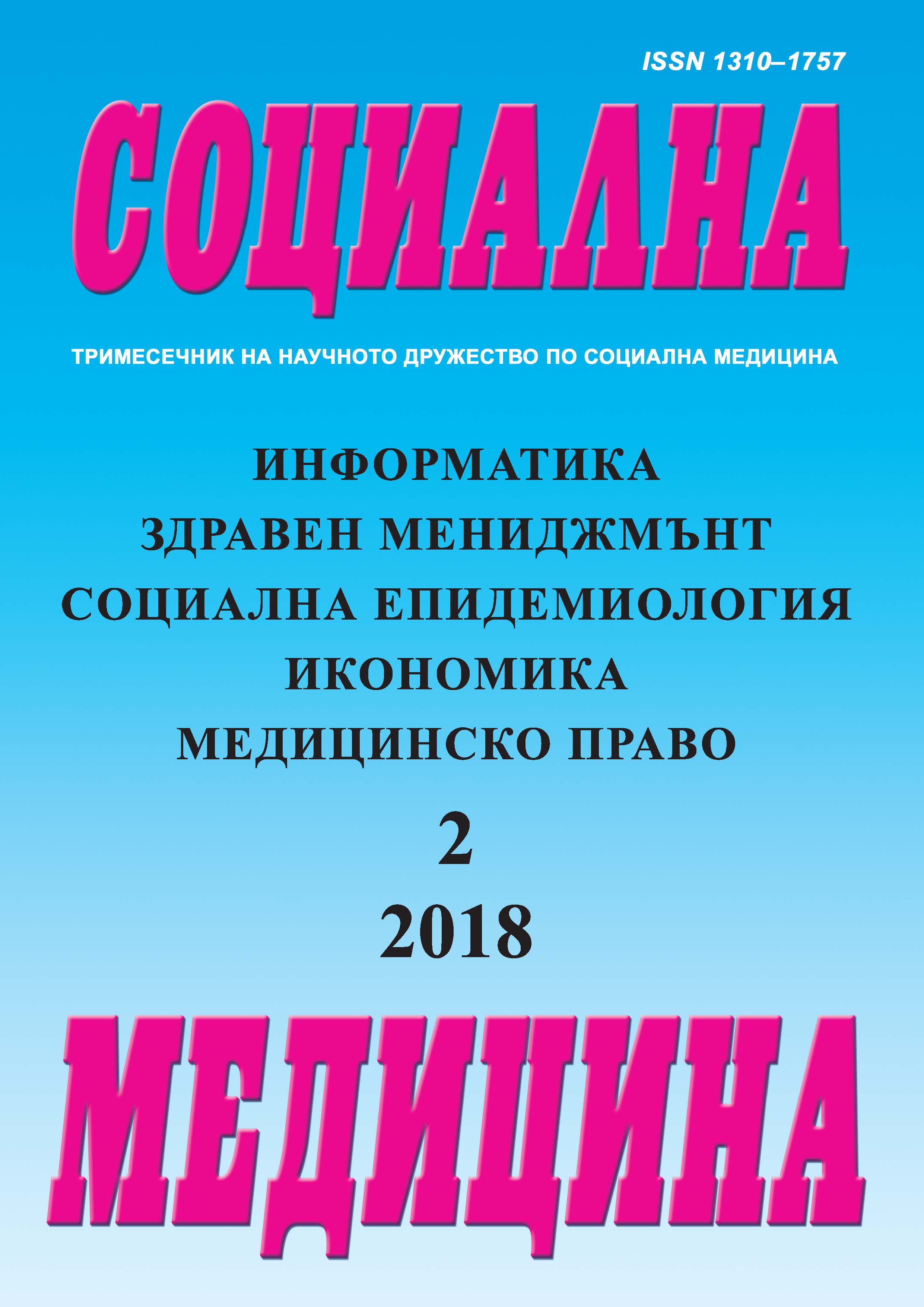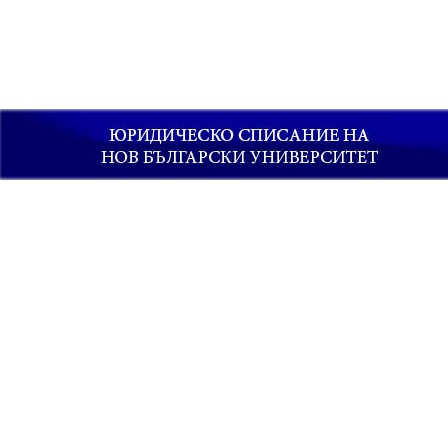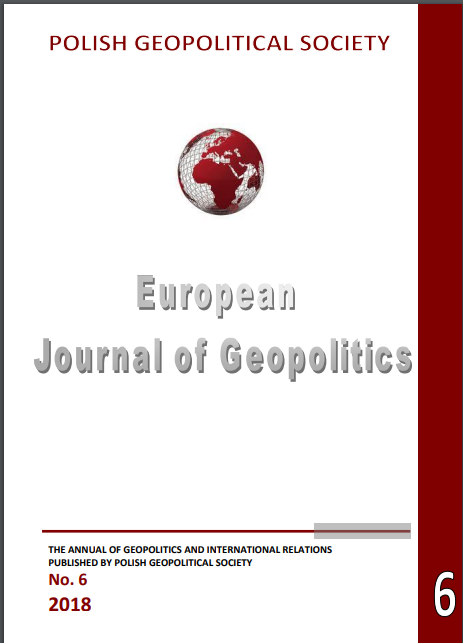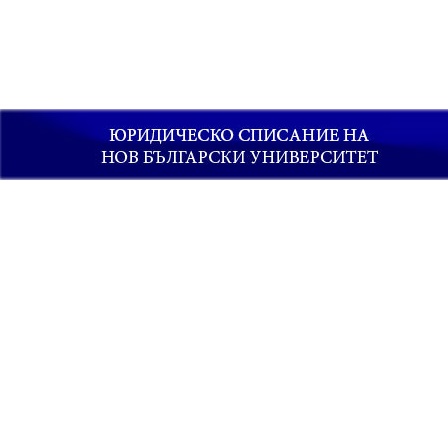
Приложно поле и основни принципи на европейските регламенти в областта на социалната сигурност
The coordination of diverse social security systems of the Member States is one of the main priorities of the European Union. The dynamism of European integration has contributed to a Europe where the labour market perspective has developed into an individual citizens-based perspective. The article follows the historical development of the social security legal framework and explains the general principles incorporated in these legal instruments. The Union has a long history of the coordination of social security systems which aims at facilitating the free movement of citizens. The first European Economic Community (EEC) regulations on the social security coordination date back to 1958. Over the years, several amendments have been carried out to enlarge the personal and material fields of application. Since 1 January 2011, Regulation (EU) No 1231/2010 extends modernized coordination of social security systems to nationals of non-EU countries (third-country nationals) legally resident in the EU. Modernized coordination rules apply in relation to Switzerland as from 1 April 2012 and in relation to Norway, Iceland and Liechtenstein (EEA countries) as from 1 June 2012. The article focuses on the modernization of the Union-wide social security protection — the extension of both personal and material scopes of application.
More...
